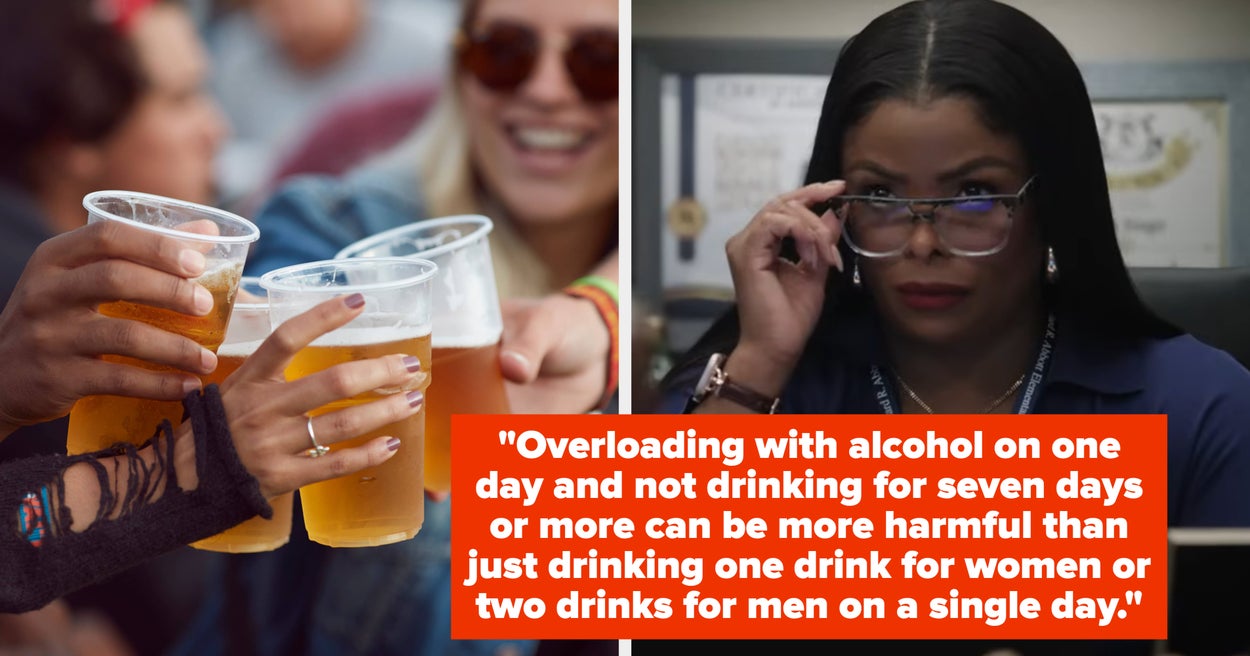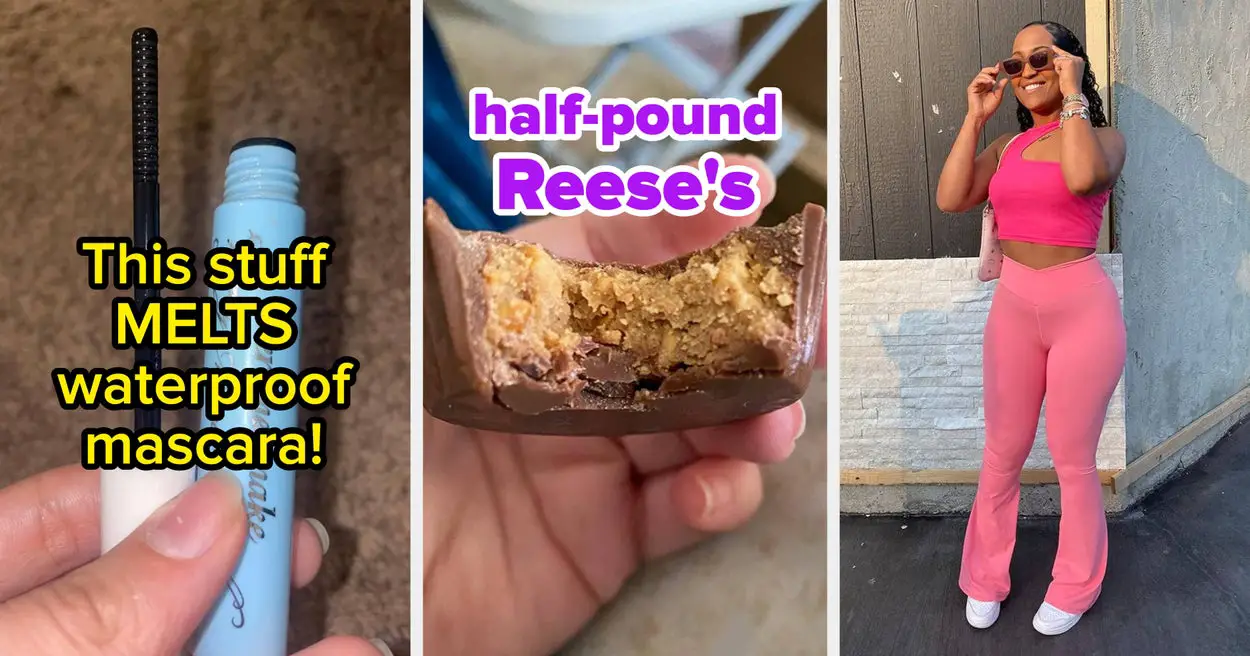Byrne said it’s important to know the official definition of binge drinking. The CDC says having five drinks or more on an occasion for men and four drinks or more for women is considered binge drinking. “I think it’s less than a lot of people think,” Byrne noted.
Think about it: If you’ve ever been to a wedding where there’s cocktail hour, dinner, dancing and often an after-party, you know how easy it is to have four or five drinks during the celebration.
“What you do with alcohol is completely up to you, and just because you drink more than what’s considered binge drinking on a single occasion doesn’t necessarily mean you have an alcohol addiction or an alcohol problem,” Byrne said. “I want to make that clear, too, but technically speaking, that is the definition of binge drinking.”
6. Pay close attention to why you’re drinking.
For those who do choose to drink, Brooks said it’s important to pay attention to three things:
- The frequency and quantity of your drinking: Use the CDC’s guidelines to assess how much and how often you’re drinking.
- Why you’re drinking: “Ask yourself, what is it that I think this drink will do for me?” Brooks said, adding that if you’re using alcohol to de-stress, let loose or be more social, know that you can do this without drinking.
- Is there something else you can do or drink instead of alcohol? “Because there are actually so many ways that we can achieve those benefits that people think they’re getting from drinking, we can get all of those things without drinking,” Brooks said.
“If you are saying, ‘Well, I just need this drink because I just need to relax’ … that alcohol itself isn’t actually what helps you relax. [What can give you that effect can] be the sitting, taking a break from what you’re doing or going to happy hour and talking to people, connecting to people, getting a change of scenery,” Brooks explained.
You can still relax without a glass of wine. You could take up coloring or take a bath with a seltzer by your side instead of a glass of wine, or you could go out for a walk for an after-work change of scenery, she added.
“If somebody believes that having that drink at the end of the day is their way to relax, then just by default they’re not thinking about other ways that they actually could decompress,” Brooks said.
Beyond thinking about your intention with alcohol, it’s important to look at any red flags, too. “If you think your drinking might be problematic, ask yourself why you’re doing it,” Byrne said, “and if you’re doing it to avoid certain feelings or numb certain feelings, then that’s something to question and probably a reason to reassess your relationship with alcohol.”
In this case, it’s also a good idea to reach out to a therapist who’s trained in substance use treatment who can support you, Byrne added. The Psychology Today website can help you find a local mental health provider.
Additionally, Brooks noted that changing your drinking habits is not an easy feat. If you are trying to do this, it’s a good idea to lean on loved ones who have a similar mindset.
Need help with substance use disorder or mental health issues? In the U.S., call 800-662-HELP (4357) for the SAMHSA National Helpline.
This article originally appeared on HuffPost.
Source link







Leave a Reply